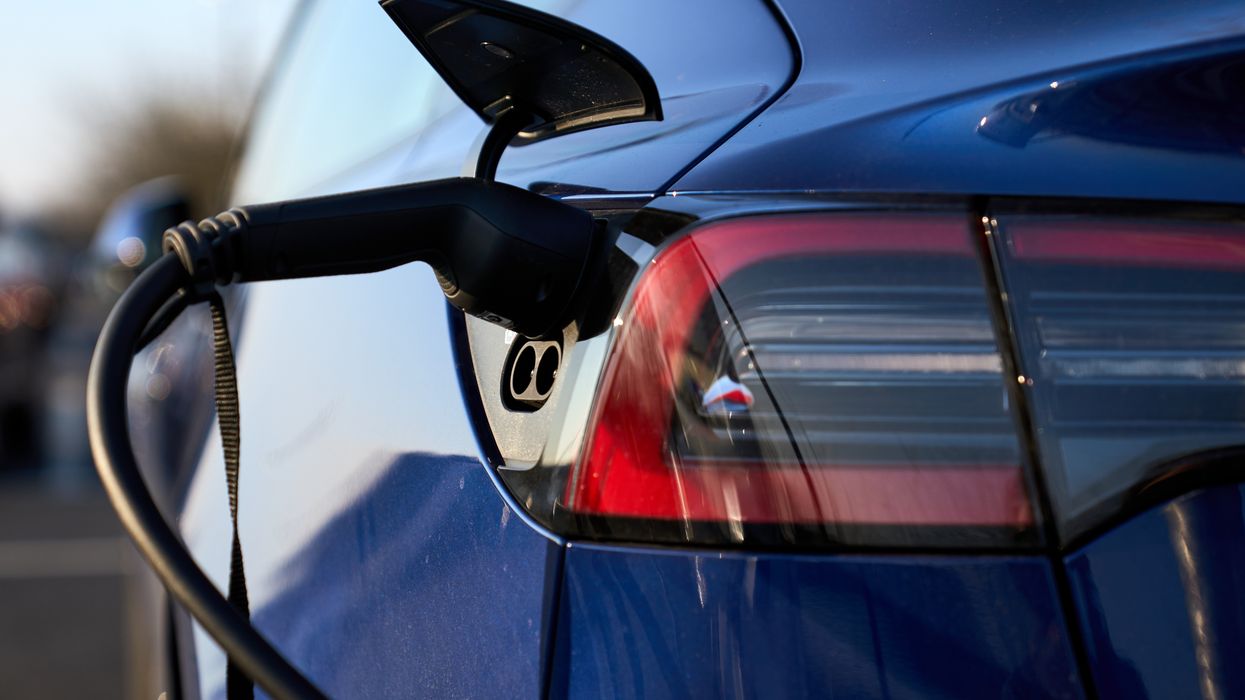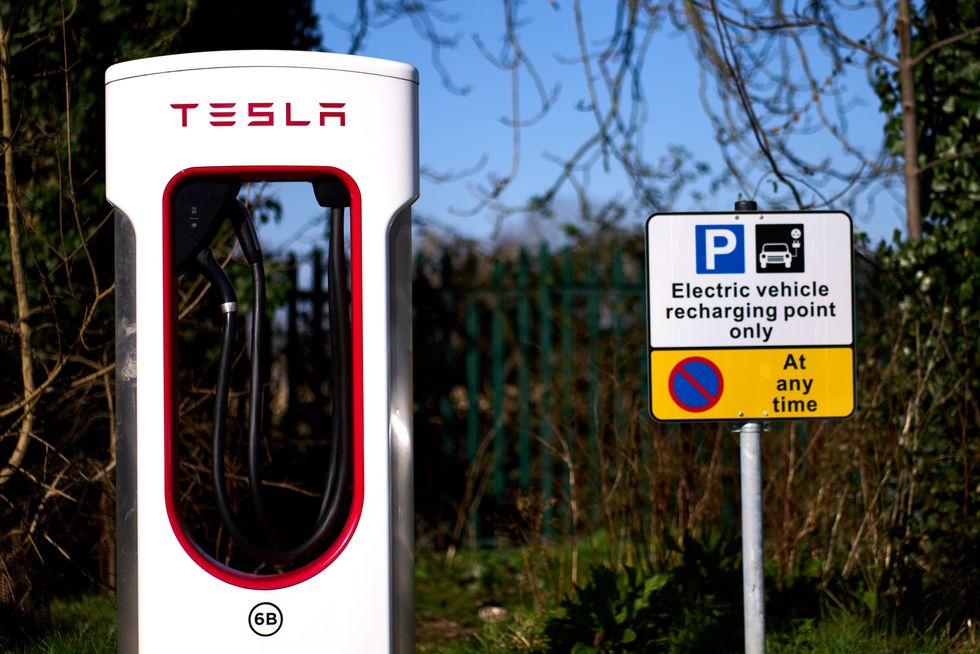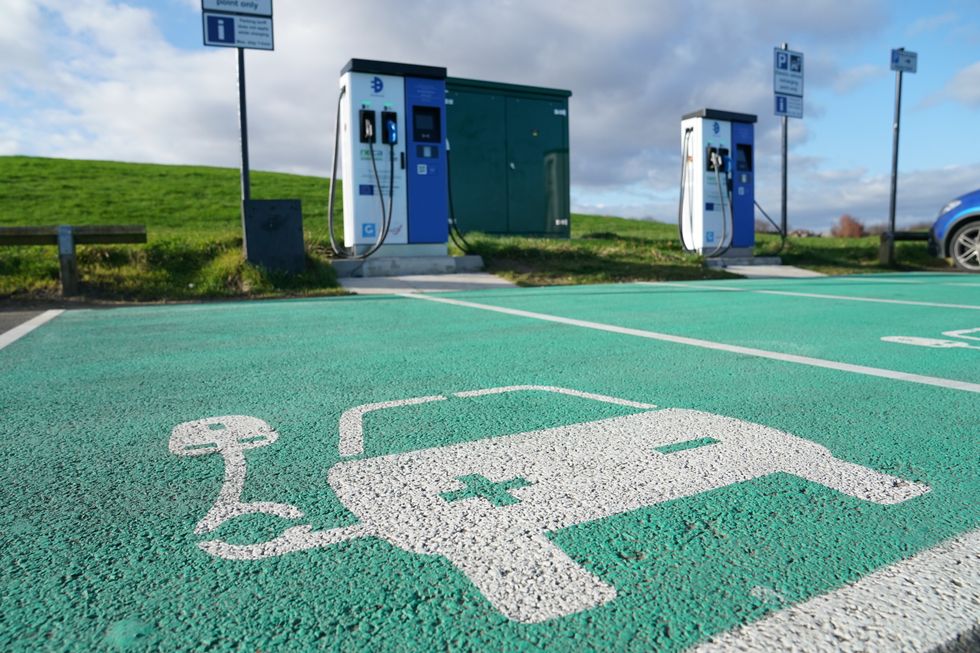Major new electric car laws require public chargers to be more efficient and cheaper

New regulations aim to make public charging easier
|PA

New rules aim to make life easier for drivers looking to charge their electric vehicles
Don't Miss
Most Read
The Government has unveiled the Public Charge Point Regulations 2023 which should make public charging easier for electric car owners around the UK.
The legislation states that a rapid charge point must be, on average, reliable for 99 per cent of the time, something which has blighted some EV chargers.
If there are any issues with the reliability of a public charging station, a charge point operator must provide a “staffed telephone helpline available free of charge for 24 hours per day for each day of the year”.
There will also be clearer pricing structures regarding off-peak and peak times, as well as having easier payment systems in place.

Charge point operators could face fines if reliability is an issue
|PA
Within a year of these changes, a charge point operator must ensure that a driver can pay by contactless payment for a charger above eight kilowatts of power.
The Government document highlights how every year, owners of public chargers must show how the devices on their network have a reliability average of almost 100 per cent.
If they fail to adhere to the guidance and do not fix the issue after being alerted to it, charge point operators could face fines of between £10,000 and £250,000.
Simon Williams, electric vehicle spokesperson at the RAC, said: “We’re pleased to see the Government has acknowledged there’s a need to improve drivers’ experience at public chargers and has now set out some clear actions to address this.
“This has the potential to reassure many more people that switching to an electric vehicle makes sense, which is vital the closer we get to 2030 when the sale of new petrol and diesel cars will end.
“We believe this is needed to make price comparisons easy for everyday EV drivers looking to charge up as cheaply as possible on a journey.”
The latest data from RAC Charge Watch shows that using a seven-kilowatt charger costs around 9p per mile, compared to 16p per mile for a petrol vehicle and 17p for diesel.
The price per mile to run an electric car using a rapid charger is 20p a mile, while ultra-rapid chargers cost 21p per mile – the most expensive level.Earlier this year, the Government introduced new EV plans to save consumers up to £1,000 a year with lower energy bills and cheaper motoring.
The Electric Vehicle Smart Charging Action Plan aims to propel smart charging to new heights and make it the preferred method of long-duration charging by 2025.
Smart charging allows motorists to benefit from using energy from the grid when it is cleaner or cheaper, potentially even selling energy back to the grid.
Alongside the smart charging announcement, a further £16million was invested into the Net Zero Innovation Portfolio.
LATEST DEVELOPMENTS:

Using a seven-kilowatt charger costs around 9p per mile
|PA
This funds projects to help motorists, including the installation of street lamp posts capable of charging electric vehicles.










